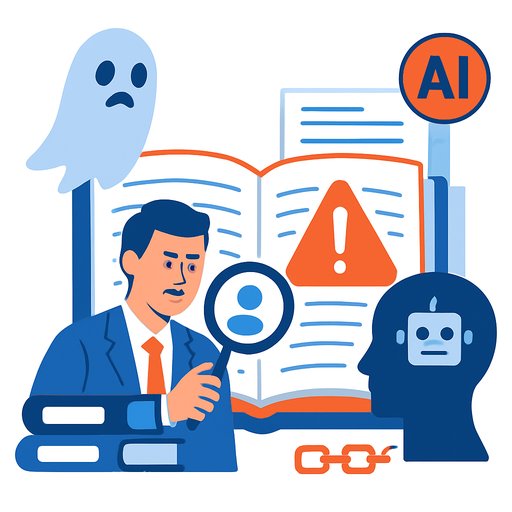From OpenAI to Nvidia, AI Agents Still Have a Long Road Ahead
AI agents—systems that can autonomously perform tasks using other software tools—are generating a lot of buzz. Picture a chatbot that not only suggests a vacation plan but also books flights and hotels automatically. This concept promises more flexibility and power than traditional robotic process automation (RPA), which is typically rigid and handles only narrow tasks.
At a recent AI summit held at UC Berkeley, leading experts from OpenAI, Google DeepMind, Nvidia, and other prominent organizations came together to discuss the state of AI agents. Despite the excitement, the consensus was clear: today's AI agents still face significant challenges before they can be truly reliable in real-world applications.
Promises and Pitfalls of AI Agents
OpenAI CEO Sam Altman predicted that AI agents might start joining the workforce in 2025, materially impacting company outputs. Yet, experts like Ed Chi from Google DeepMind pointed out the gap between polished demos and live production environments. Agents often struggle with consistency, memory retention, and handling unexpected scenarios.
Safety and trustworthiness remain major concerns, especially when these systems operate autonomously in sensitive areas. Sherwin Wu from OpenAI noted that, despite some generic successes, the daily impact of agents on his work remains limited.
Still, optimism persists. Advances in infrastructure and hardware, highlighted by Ion Stoica of Databricks and Nvidia's Bill Dally, are making it easier to build and deploy more capable agents. Certain niches, like code generation, have already seen tangible improvements.
The takeaway? AI agents have potential, but there’s a clear need for rigorous development and real-world testing before they become dependable tools across industries.
AI Industry Updates
- Federal AI Vendor Approvals: The U.S. General Services Administration has added OpenAI's ChatGPT, Google's Gemini, and Anthropic's Claude to its approved AI vendor list. This move aims to accelerate AI adoption across government agencies under responsible use guidelines and federal standards.
- Economic Impact of AI Spending: Big Tech companies are investing over $350 billion in AI this year, fueling growth in data centers, chips, and networking hardware. This surge could add up to 0.7% to U.S. GDP in 2025. However, economists warn that overdependence on tech giants poses risks if the AI momentum slows.
- Clay AI Raises $100 Million: Sales enablement startup Clay recently secured $100 million at a $3.1 billion valuation. The company helps sales and marketing teams identify and convert leads more efficiently. The funding round was led by CapitalG, Alphabet’s investment arm, with participation from Meritech Capital Partners and Sequoia Capital.
Spotlight on AI Research
Google DeepMind’s Genie 3: This new AI system generates real-time interactive virtual worlds from simple text prompts. Unlike previous video generators, Genie 3 allows users to explore consistent environments that respond dynamically to commands such as “make it snow” or “add a character.” It runs at 24 frames per second, enabling smooth navigation.
Genie 3 represents a step toward AI systems that understand and simulate real-world environments—an important milestone for training advanced agents and moving closer to artificial general intelligence. Access is currently limited to select researchers as DeepMind evaluates responsible deployment strategies.
New Perspectives on AI Reasoning
A small AI model called the Hierarchical Reasoning Model (HRM) from Singapore’s Sapient Intelligence shows promising results in logic and abstract reasoning. Despite being 100 times smaller than ChatGPT and trained on only 1,000 examples without internet data, HRM solves complex problems like Sudoku and maze navigation.
Unlike many large language models that mimic human language, HRM performs internal reasoning through layered thought processes, similar to how humans quietly process puzzles mentally. This approach suggests that depth of thought might be more crucial than sheer size for certain types of AI reasoning.
Conclusion
While AI agents remain a hot topic, the technology is still in its early stages. Challenges in reliability, memory, and trust must be addressed before these systems become truly effective in everyday work. Meanwhile, ongoing research and investments continue to push the boundaries, promising gradual but meaningful improvements.
For those interested in enhancing their AI skills and staying updated on agentic AI and other developments, exploring practical courses can be a solid next step. Consider visiting Complete AI Training's latest courses to build relevant expertise.
Your membership also unlocks:






